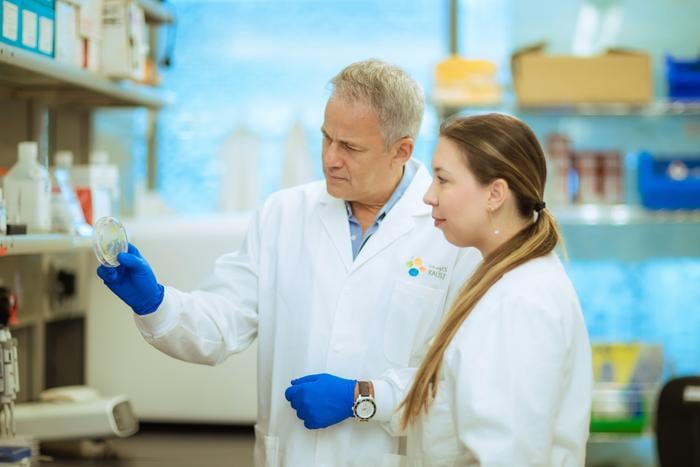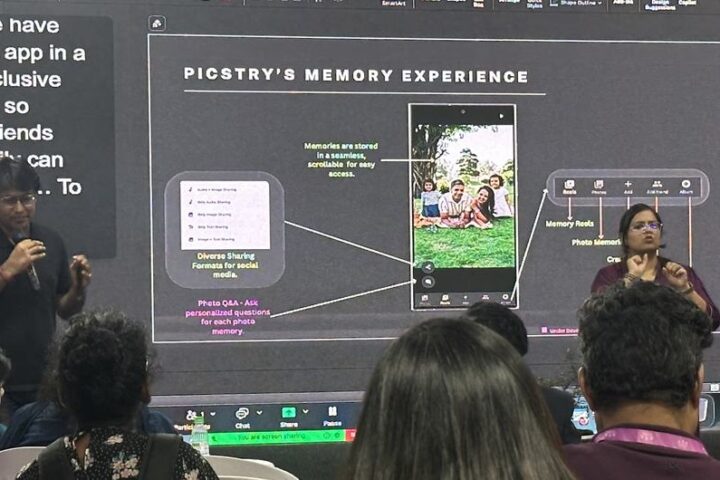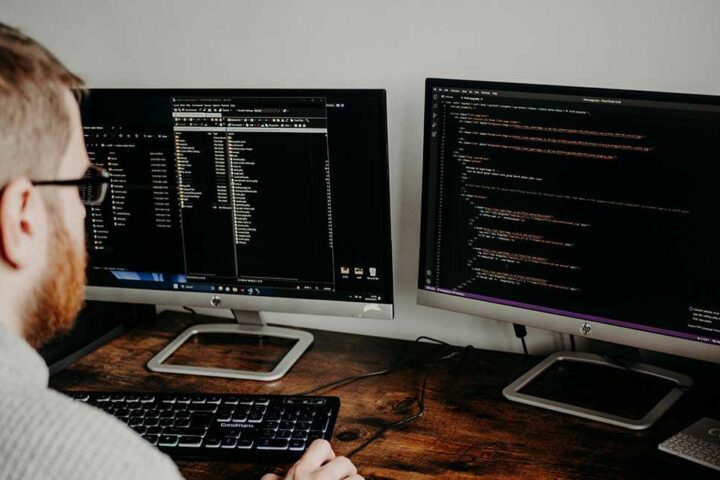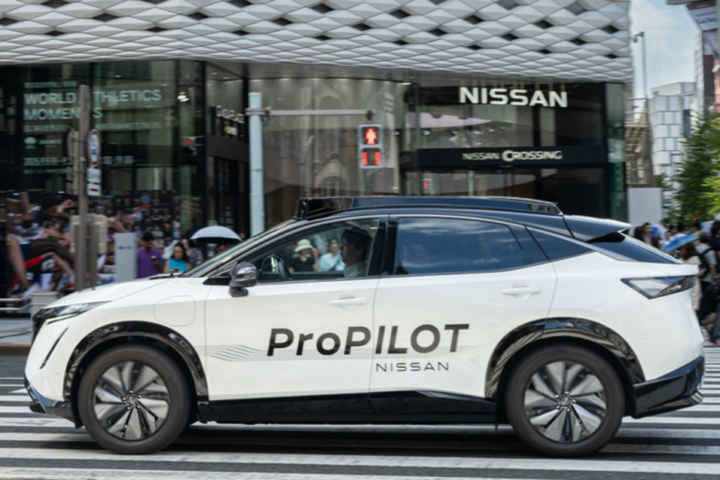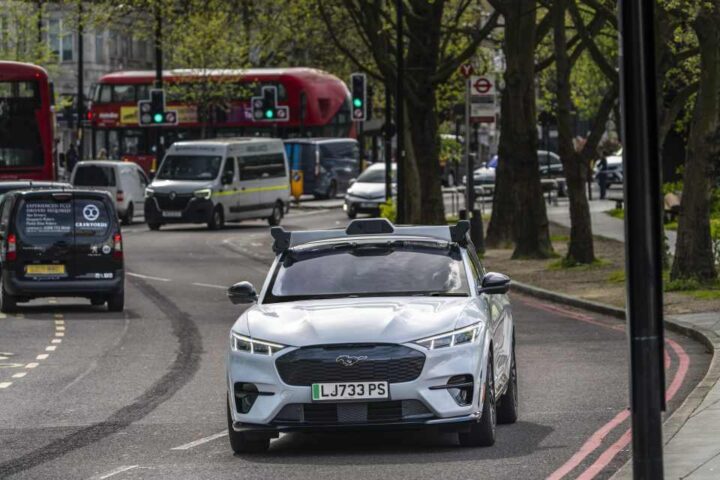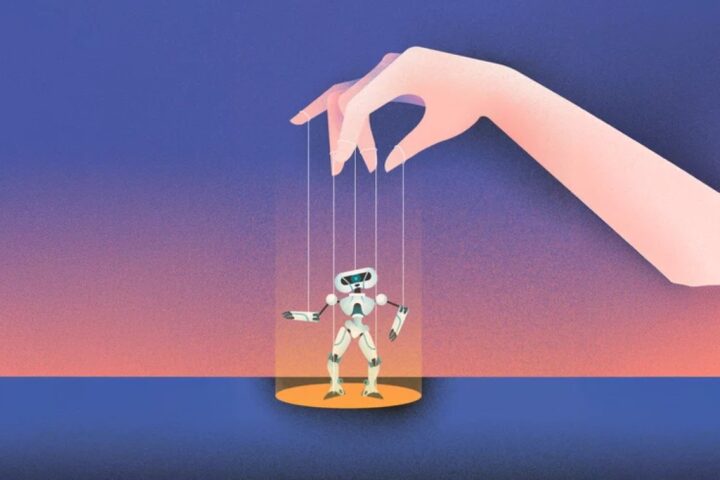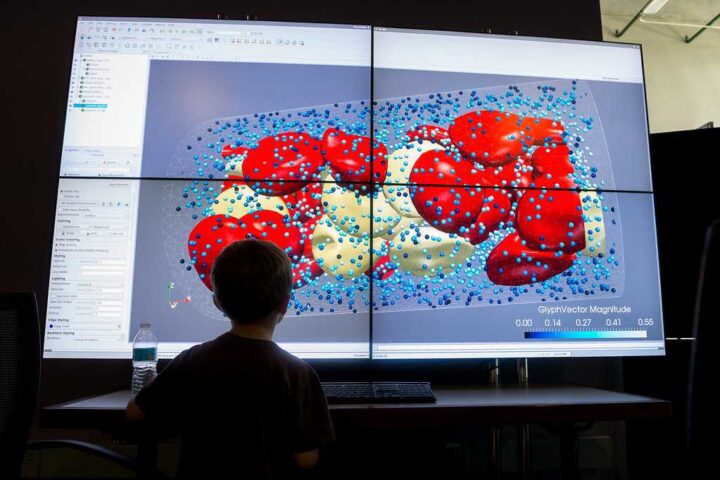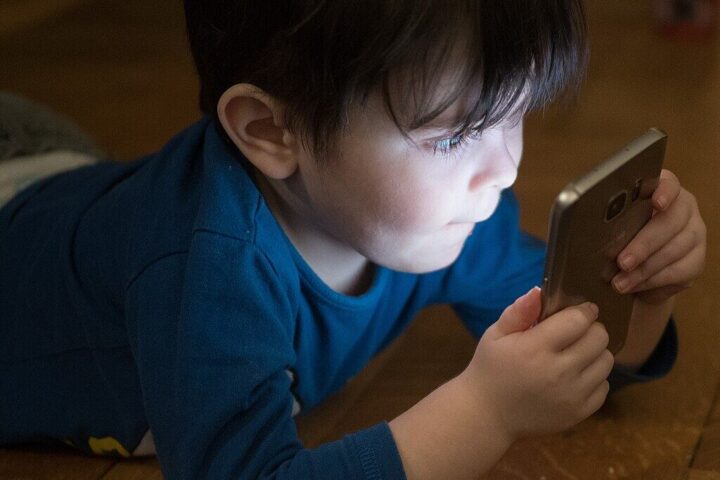Demis Hassabis, CEO of Google DeepMind, warns that artificial intelligence will significantly change the job market within the next five to ten years. Speaking on the “Hard Fork” podcast, Hassabis urged teenagers to embrace AI technology now, comparing its impact to how the internet shaped millennials and smartphones defined Gen Z.
“Over the next 5 to 10 years, I think we’re going to find what normally happens with big new technology shifts, which is that some jobs get disrupted. But new, more valuable, usually more interesting jobs get created,” Hassabis explained.
This warning comes amid an ongoing debate about when truly human-level AI—known as Artificial General Intelligence (AGI)—will arrive. Hassabis maintains AGI will emerge “just after 2030,” sticking to a timeline he’s held since founding DeepMind in 2010. This prediction differs from Google co-founder Sergey Brin, who expects AGI before 2030.
At Google’s recent I/O 2025 developer conference, the differing timelines highlighted two approaches to defining AGI. Brin’s more aggressive timeline suggests a market-driven definition focused on practical applications. Hassabis sets a higher bar, requiring AGI to match the full range of human cognitive abilities, including reasoning, understanding, and creativity.
Skills for an AI-Driven Future
Hassabis offers clear advice for young people preparing for this AI-transformed job market. He recommends they become “ninjas” with AI tools, developing both technical knowledge and broader capabilities.
“Whatever happens with these AI tools, you’ll be better off understanding how they work, and how they function, and what you can do with them,” he said. “Immerse yourself now. Learning to learn is key.”
His recommendations include:
- Building strong STEM foundations, especially coding skills
- Developing “meta skills” like creativity, adaptability, and resilience
- Understanding how AI systems work and what they can do
- Focusing on abilities that help navigate constant change
These skills remain valuable because AI systems still struggle with uniquely human attributes like creativity, complex decision-making, and emotional intelligence. Jobs requiring these qualities may be the last to face disruption.
Job Market Transformation
The document suggests AI will reshape employment in specific ways:
Jobs at risk: Routine, repetitive tasks across administrative support, data entry, basic customer service, and some analytical roles face automation.
Growing opportunities: Roles requiring creativity, interpersonal skills, complex decision-making, and AI development/management will likely expand. Many existing jobs won’t disappear but will change as AI handles routine tasks, letting humans focus on higher-level work.
Hassabis believes this shift resembles previous technological revolutions, where disruption eventually leads to new opportunities. However, he acknowledges that beyond five years, predictions become more difficult.
Similar Posts
Beyond Jobs: Societal Changes
Looking further ahead, Hassabis discusses broader societal impacts of advanced AI. He suggests AI breakthroughs could eventually lead to what he calls “radical abundance” of resources, potentially requiring new economic models like a “universal high income.”
“It’s more of a political question, of how would you distribute that in a fair way,” he noted, adding that managing the transition period presents significant challenges.
Hassabis emphasizes that human connection will remain valuable even as AI advances. When asked which parts of the economy AI will transform last, he pointed to areas involving human-to-human interaction and emotion.
“The kind of emotional connection that we get from talking to each other and doing things in nature in the real world, I don’t think that AI can really replicate all of those things,” he said.
AI Safety and Ethics
Throughout his comments, Hassabis stressed the importance of responsible AI development. DeepMind maintains a “contractual firewall” against military applications of its technology, reflecting concerns about potential misuse.

He compared advanced AI to nuclear energy, highlighting its dual-use nature—capable of tremendous benefit but also potential harm if misused. This recognition drives his call for robust global governance and international collaboration on AI safety.
“It’s a technology that’s going to affect everyone in the world. It’s being built by different countries and different companies in different countries. So you’ve got to get some international kind of norm, I think, around what we want to use these systems for,” Hassabis said.For now, Google DeepMind continues pushing both practical applications like the Gemini AI model and fundamental research needed for true AGI, maintaining what Hassabis calls a “high bar” for achieving human-level artificial intelligence.

